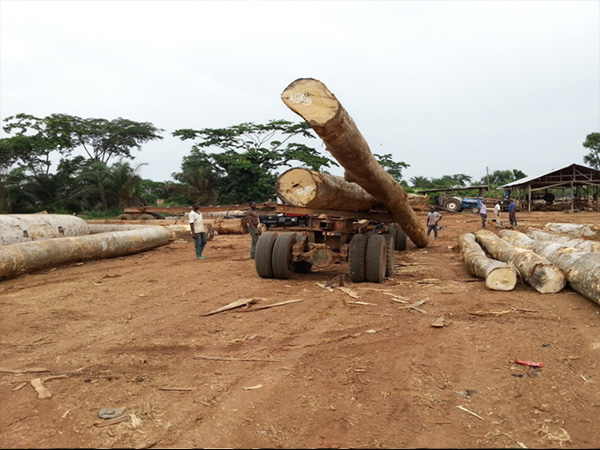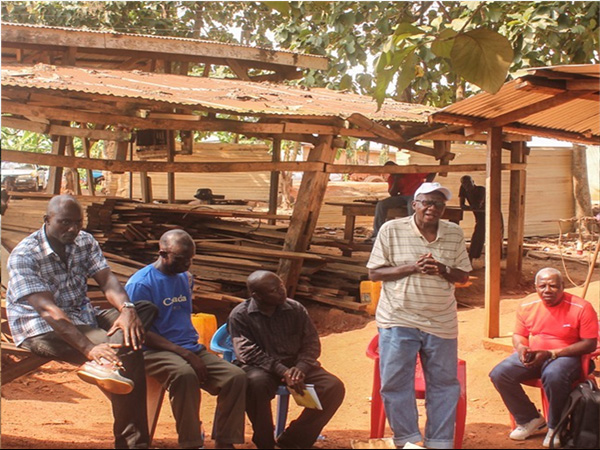Green Economy and Eco-Enterprises program development and support services.


- To assess how Green Economy can increase trade competitiveness by moving into green markets for the following sectors: agricultural products including seeds production, renewable energy, waste and recycling businesses, forestry/plantation or logging activities, biomass production for alternative solutions (may be extended to other sectors);
- To assess the existing economic potential of the eco-enterprises within the Green Economy sector, its potential and how it can contribute to addressing the main development objectives, challenges and strategies for achieving sustainable development in the country




